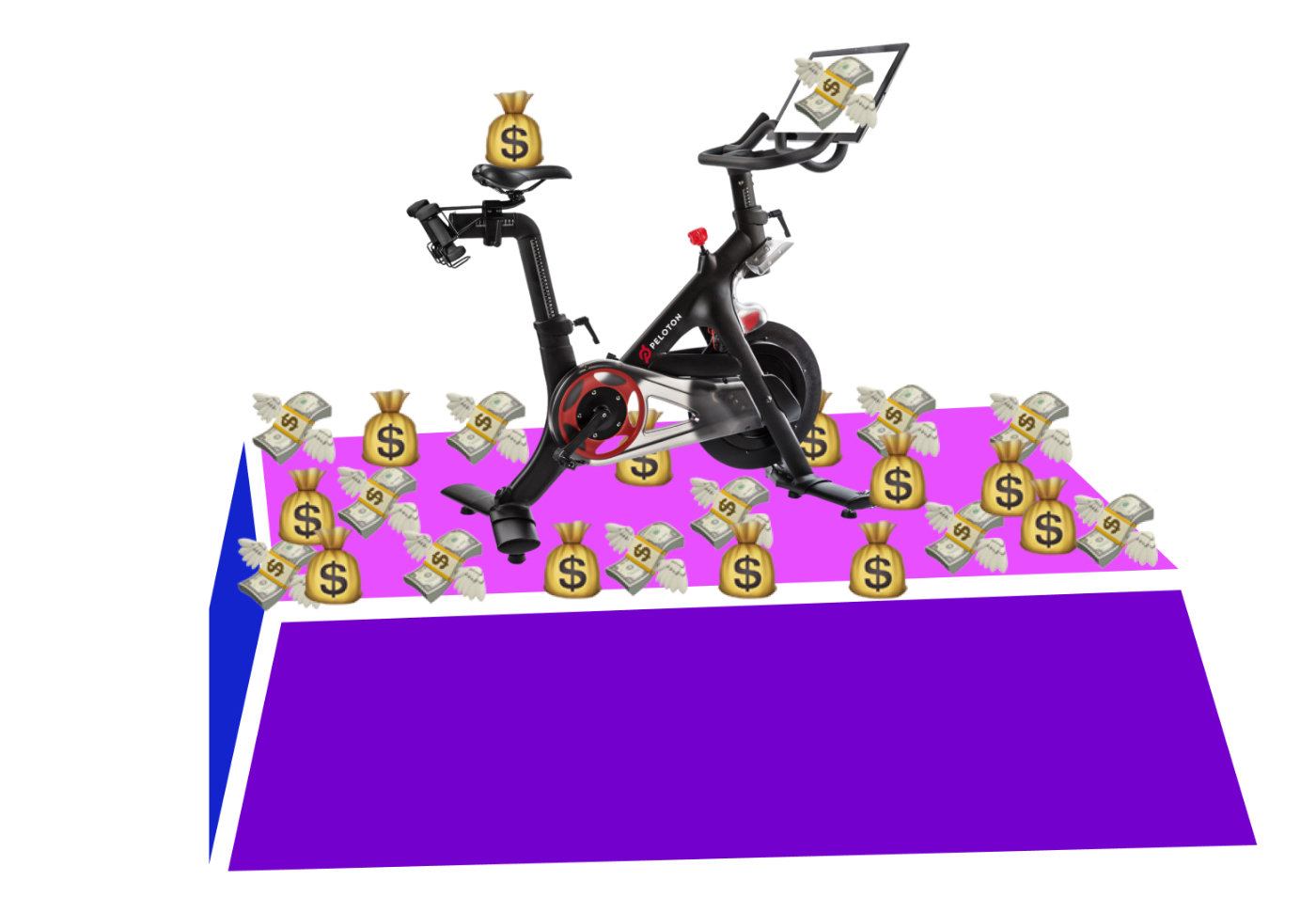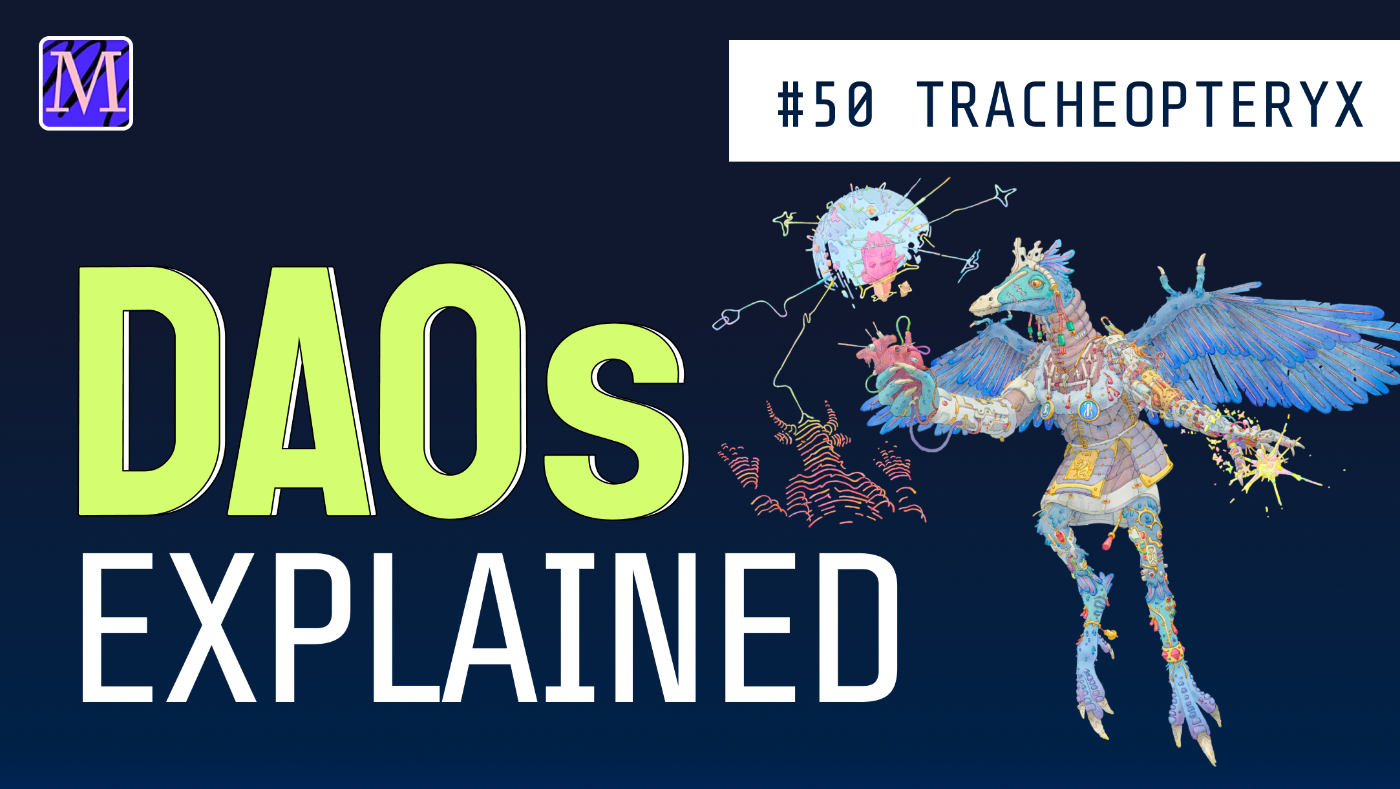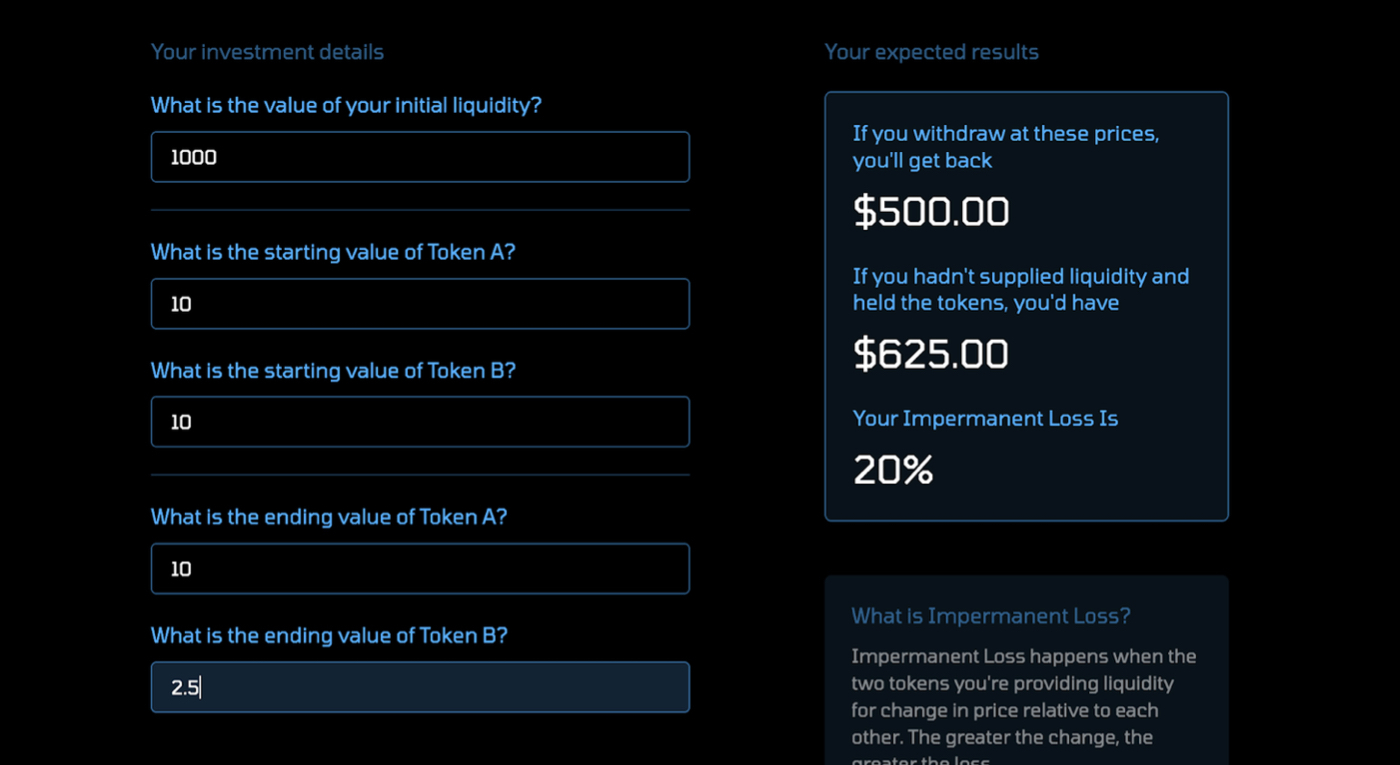
Big News for Napkin Math! + Investing in Peloton, Giving Feedback, & Bored Apes
Here’s everything we published this week.
March 26, 2022 · Updated January 16, 2026
Knowledge Partner: McKinsey & Company
How to inspire responsible tech product management. Prioritizing privacy, sustainability, and inclusion will soon be essential to successful tech development. But first companies need to lay the foundation for product managers to make responsible innovation a core discipline. Don’t miss a new article on strategies that can help your organization build the capabilities and enablers that will make a difference.
Happy Sunday!
In case you missed our major announcement this week, Napkin Math writer Evan Armstrong is now full time at Every! This is a massive accomplishment and a testament to Evan’s dedication after nearly a year of writing on nights and weekends to produce a thoughtful post each week.
Read all about his decision to quit his job and take the plunge into writing here:
BIG Announcement Incoming
Evan Armstrong / Napkin Math
If you’re not following Napkin Math now’s a good time to start:
Now let’s get to everything else we published this week!
Screw it, I’m investing in Peloton
Nathan Baschez / Divinations
Peloton’s path in the last couple years has been...rocky, to say the least. Nathan has written about Peloton before, but now he’s raising the stakes: he’s investing in the company himself. This is largely in part to their new CEO, Barry McCarthy (previously CFO at Spotify and Netflix), and the company’s recent changes to their strategy. Peloton is expanding to a more open platform, including workouts beyond spinning, and shifting its pricing model (moving from one-off hardware sales to ongoing subscription software sales). Will it be enough to save the Peloton long-term? Or will Nathan repeat the GoPro fiasco of 2015?
The Feedback Decision Tree
Brie Wolfson / Superorganizers
Brie Wolfson is back with her series on work culture! In this week’s piece, she’s taking you step-by-step through one of the most difficult—but most important—aspects of building a successful team: delivering feedback. Whether you’re dealing with a one-off event or a pattern of behavior, or addressing the work itself or an attitude, or talking to a team member that’s sensitive or hard-headed, Brie has a solution for you (complete with a detailed infographic)!
Planet of the Billion Dollar Bored Apes
Evan Armstrong / Napkin Math
The parent company of the Bored Ape Yacht Club just raised $450M at a $4B valuation on the idea that they will become a “Decentralized Disney.” Is it the future? Or is it all bullshit monkeyshit? For Napkin Math this week, Evan analyzes the startup’s leaked pitch deck, compares their vision to other similar attempts in the past, and forecasts ways that they could actually win.
The Media Feedback Loops That Shape Entrepreneurship
Leia Ruseva / Every
It’s no secret that Silicon Valley and the startup/VC world at large still struggles with diversity. It’s a feedback loop: when the only founders that get media attention are young, white, Ivy-League men, both current and potential underrepresented founders are left out of the conversation—or out of the field entirely. So how can we create these powerful role models for women and people of color? In this guest post, Leia argues that media coverage and amplifying the voices of underrepresented founders can have a profound influence on a company’s success: “While media coverage is not a silver bullet, it can certainly help create a more equitable world.” And that’s a great place to start.
DAOs Explained
Li Jin & Nathan Baschez / Means of Creation
With the internet’s ubiquity in our society, many people are questioning traditional society structures. The task at hand is finding a better, internet-native way to organize ourselves. And the most prominent solution right now? Decentralized Autonomous Organizations, or DAOs. In the latest episode in the Web3 Explainers series, Li and Nathan talk with Tracheopteryx all about DAOs. Trach is a core contributor at Yearn Finance and cofounder at Coordinape—a scalable & permissionless platform for decentralized compensation built for the needs of DAOs.
The Best Ways to Earn Yield on Your ETH
Nat Eliason / Almanack
When you are playing the Maximize My APY Game with crypto, you have to constantly manage not only your yield, but also how high your cortisol levels rise by managing that yield. Nat’s piece this week tackles the tricky question of how to earn yield with Ethereum. Gas fees are so high, and it costs so much money to move ETH around—this piece will help you strike the balance between risk/return and active management. Paid subscribers will also get access to what pools Nat has chosen for his own capital.
Study Sunday
We’re testing a section where we break down one interesting scientific study per week. Like it? Let us know in the comments.
🤔 The Question
Do good guys win in the long run or do you need to be a ruthless jackass to make it to the top? A new meta analysis finds that playing nice is a winning strategy in almost every area of life.
⭐️ The Significance
Agreeableness is the trait primarily concerned with helping others. It tends to be associated with:
- Considerate, truthful, and forgiving behavior.
- Conformity to social norms
- Empathy with the perspectives of others, and
- A tendency to cooperate.
🧪 The Study
In the largest study of agreeableness ever conducted, a daring team of researchers analyzed 142 separate meta analyses with a combined total of 3,900 studies and 1.9 million participants. They revealed how agreeableness affects 275 different life outcomes.
💡 The Findings
Agreeableness had a positive impact on a massive 93% of the variables studied! It’s a powerful recipe for happiness with an especially positive impact on mental wellbeing, relationships, leadership, and workplace engagement.
But agreeableness had a very slightly negative impact on productivity, academic success, employment status, promotions, and salary.
It was also strongly-moderately negatively associated with goal setting and the drive for achievement. Finally, it had negligible effects on physical health and other factors such as creativity.
💎 The Take Home
This study definitively busts the myth that nice guys and gals finish last. Agreeableness is an effective strategy for fostering mental wellbeing and relationships. It can yield advantages in the workplace, namely around enhanced cooperation and leadership.
However, agreeableness probably won’t make you any more likely to get promoted or experience career success.
Thank you so much for reading this and I hope you have a delightful day 😇
This section was written by Lewis Kallow of Super Self.
Other Finds:
Lessons From 19 Years in the Metaverse — Charlie Warzel
A conversation with Coinbase’s first employee — Craig R. Cannon
📺 The Future of Notetaking | Second Brain Summit 2022 — Tiago Forte (with Dan Shipper & Visakan Veerasamy)
That’s all for this week!
The Only Subscription
You Need to
Stay at the
Edge of AI
The essential toolkit for those shaping the future
"This might be the best value you
can get from an AI subscription."
- Jay S.
Join 100,000+ leaders, builders, and innovators

Email address
Already have an account? Sign in
What is included in a subscription?
Daily insights from AI pioneers + early access to powerful AI tools


.jpeg)











Comments
Don't have an account? Sign up!